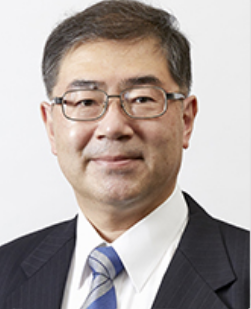"How do we tackle problems that don't have a right answer?"
What is the biggest difference between a university and a high school education? It's about learning how to tackle problems that don't have right answers. Up to high school, education requires students to efficiently and accurately remember what is written in textbooks, such as historical knowledge and mathematical solutions. Of course, acquiring knowledge is also important in university. However, knowledge alone is not enough to play an active role in society. With today's rapid technological development and globalization, nowadays working people are required to have the ability to respond to changes. University is, so to speak, a training room to prepare for that.
I'm sure it's difficult to suddenly wrap your head around the idea of a problem with no right answer. Let me give you an example. In the latter half of the 20th century, Japan achieved rapid growth and was close to the top of the world economy. However, from the beginning of the 21st century, Japan's labor productivity stopped growing, and its per capita GDP fell considerably below that of other developed countries. In response, various measures have been proposed, such as Abenomics. Unfortunately, even though around 30 years have passed since the slow growth was noticed, there still hasn't been any significant improvement (the lost 30 years).
The reason this happened is because this is a typical "problem with no right answer." One of the characteristics of a problem with no right answer is that you don't even know what the most important issue is in the first place. Is the slow growth caused by deflation? The hollowing out of industry? Work style? It's not clear where we should focus our efforts. The ability to find out "what the most important problem is" at such times can be called the ability to identify issues.
Not only is there no right answer, we don't even know what issues we should be addressing in the first place. This is what's happening in modern society. In a situation like that, if you give up because you don't understand or you don't have the right answer, you won't be able to move forward. The point is to try to find a "better answer."
When you find a problem, you need to think about what we can do to solve it. That is the ability to solve problems. There are no textbooks because abilities to identify and solve issues are required for problems with no right answers. Those are abilities you need to acquire on your own. The accumulation of all the education you've had up to now is extremely useful in accomplishing that. Education was there to sort out the things you don't understand to begin with, and to give an understanding of the mechanisms of nature and society. You can use those techniques to find a starting point for tackling those problems that have no right answer. University is just the place to practice this. Since there are no textbooks, these skills can only be learned through experience. It is my hope that through your studies at university, you will be able to develop these skills even a little and become a useful member of society.
Shinsuke KAMBE
Dean, the Faculty of Economics
